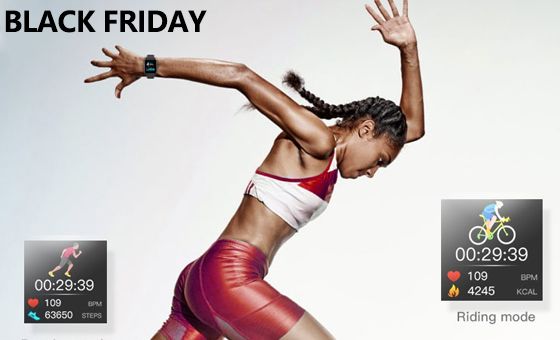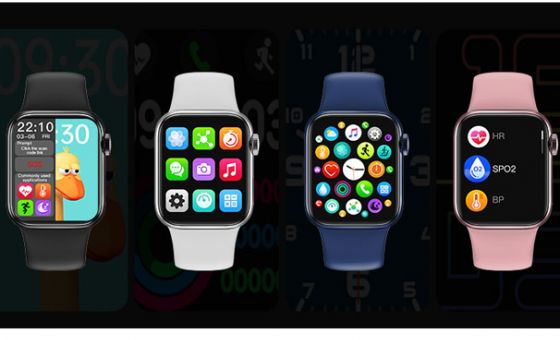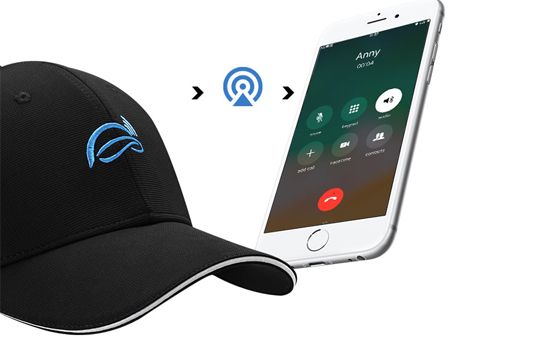Why now is the best time to buy a new fintess tracker bracelet
![]()
While you’re on lockdown you might find your health and fitness suffers, with limited access to the outdoors and a cupboard full of snacks taking its toll on the waistline. There’s a solution though, in the form of fitness trackers.
Now that exercise time is a valuable commodity in most countries, it’s more important than ever to make the most of it, and a fitness tracker or health-focused smartwatch can do this. They can help you track your exercise and overall activity levels, both when you’re outdoors and stuck inside, and keep you thinking about your fitness without breaking the bank.
To help you understand why exercise wearables are so useful right now, we’ll talk you through five ways they can help you right now, and give examples of some of the best to look at too.

They let you maximize workout time
If workout time is brief, it’s worth finding ways to make the most of it, and fitness trackers can help you track how much exercise you do. This can help you see how far you went, as well as see how many calories you burnt and how many steps you did along the way.
Most fitness trackers have different modes for running, walking, cycling, and usually plenty of others too, so no matter what outdoor activity you’re doing, fitness trackers could be really useful to keep on top of your fitness.
In addition, in countries with mandated limits to exercise time, a fitness tracker with a timer (as they nearly all have) can help you make sure you’re not out too long, or don’t walk too far.
![]()
They can help you improve fitness
Exercise bands and fitness-centric smartwatches don’t just track your workouts, but can provide feedback, activity logs and advice to help you actively improve the way you get fit, and that’s going to be doubly useful if you’re working your way up

Some wearables can break down your workout, telling you if you pushed too hard, went too far, slacked off a little, or kept the right pace throughout. Others can give you detailed feedback like cadence, pace and altitude, and can let you track these metrics over time to help measure your progress and assess your performance on different routes (hill sessions are great for your fitness, but can't be compared like-for-like with a long, slow weekend run).
Especially useful are fitness trackers with 'body battery', sleep and rest trackers, which can tell if you’re well rested, and help you plan your workouts to avoid over-training. This can be especially useful if you’re trapped indoors a lot, because you can often push yourself too hard if freedom is only a brief treat.

You can use fitness trackers indoors too
Your fitness tracker isn’t just going to assist you when you’re out and about exercising, but they can also be a huge help when you’re indoors.
As well as all the features they have like telling the time, passing on notifications and counting all those steps between your bedroom, the kitchen and the bathroom, many have indoor exercise modes.
Advertisement
So if you’ve got a treadmill, exercise bike, rowing machine or cross trainer, for example, fitness trackers will let you record your exercise on the machine including heart rate and fat burnt, more accurately than the machine will.
Even if you’re simply performing bodyweight exercises like press-ups and sit-ups, or makeshift weight training with the side of your bed or bags of sugar, a fitness tracker will let you know how well you did.
![]()





